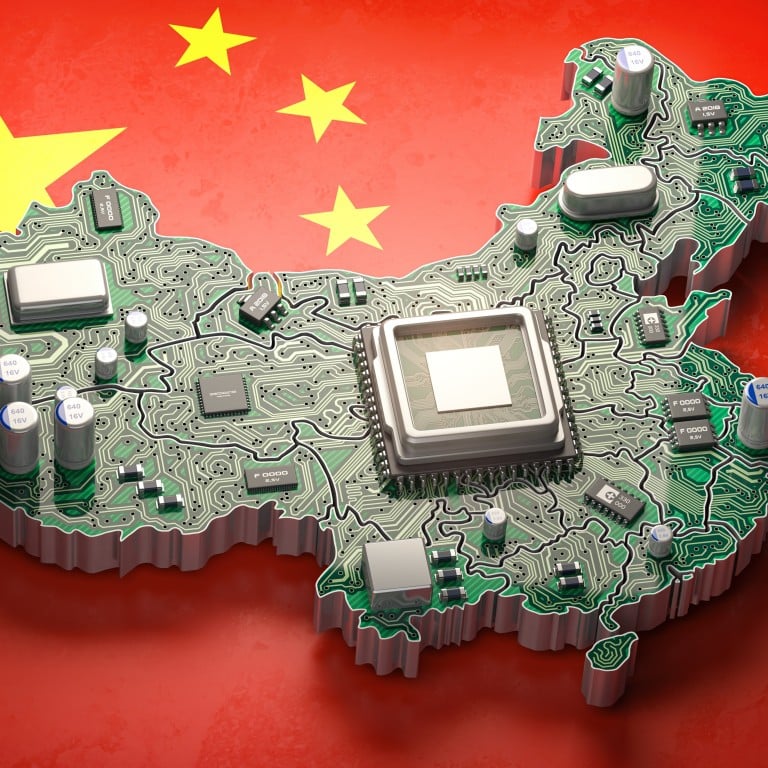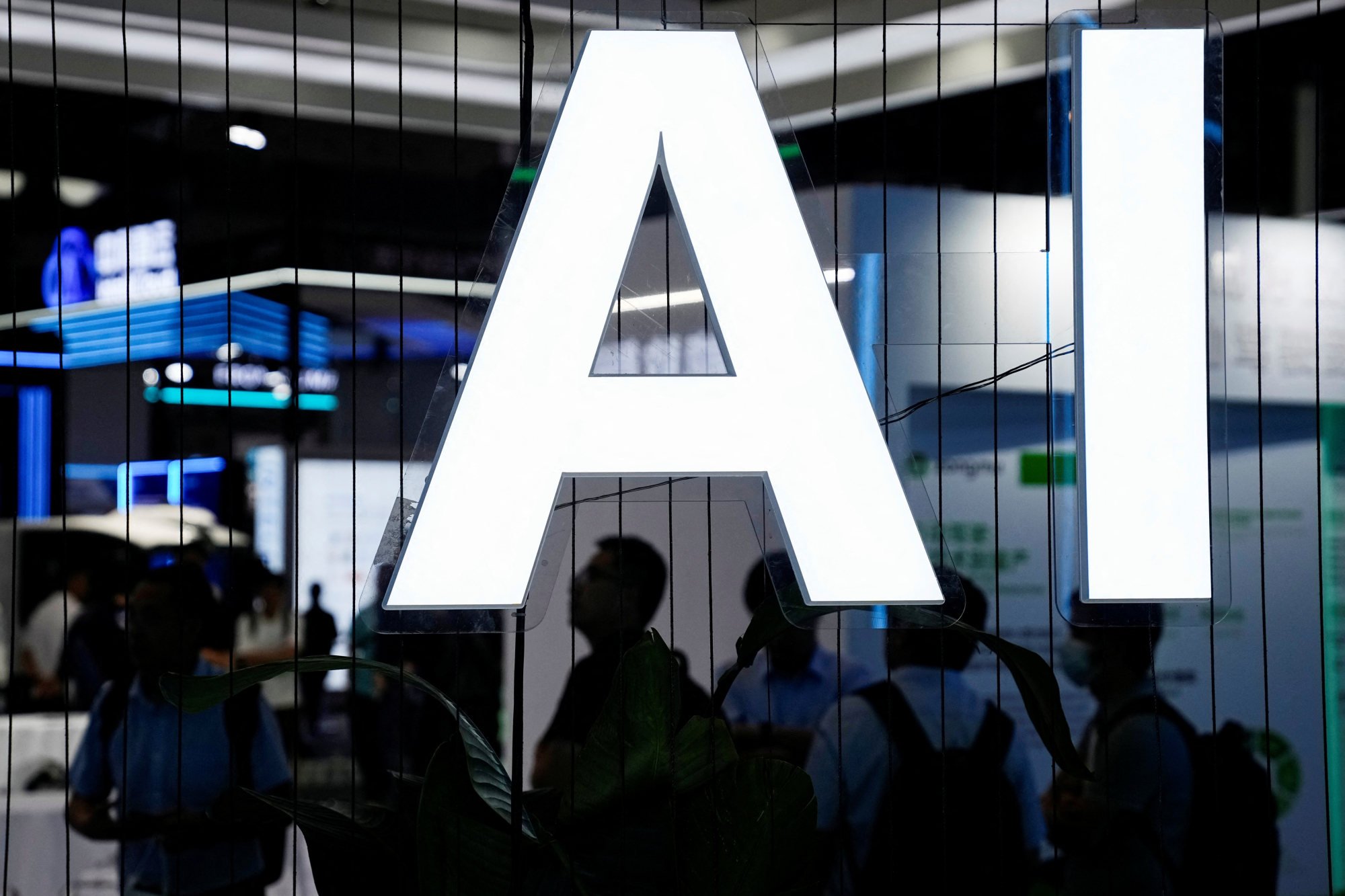
US congressional probe into VCs investing in Chinese tech start-ups adds to woes for US-dollar funds
- Letters sent to four VC firms from a US House panel raises scrutiny as US dollar funding was already drying up in China
- GGV Capital, GSR Ventures, Qualcomm Ventures and Walden International were singled out for their investments in AI, semiconductors and other tech
A probe initiated by a US congressional panel into four American venture capital firms for their investment in Chinese tech firms could send jitters through US-dollar funds in China, analysts said.
The move is set to deal a fresh blow to the struggling US dollar-denominated funds, which had benefited the rise of many tech firms in the country over the last two decades.
The inquiry comes as US venture capital is drying up for Chinese start-ups, especially those working in AI and semiconductors, amid escalating geopolitical tensions between Beijing and Washington.
There have been only 1,645 investment deals involving US-dollar funds in China so far this year, for an average of 235 per month, according to local start-up data service Itjuzi.com. That is a significant drop from last year’s 4,751 deals, or about 396 per month.
The move “will add another layer of challenges for US VC firms looking to be active in China’s VC market”, Kyle Stanford and Kaidi Gao, VC analysts at investment research firm Pitchbook, told the Post via email on Thursday.
They added that US-invested deals into China will shrink further as acrimony rises between the two countries. “Some US VC funds that historically had heavy China exposure have been re-evaluating their China strategy during the past few quarters,” they said.
Why this venture investor is bullish on Chinese AI despite US chip curbs
Reva Goujon, director of China corporate advisory at independent research firm Rhodium Group, told the Post that the probe will have a wider impact on US firms’ investment practices in China.
While the panel does not have legislative authority, it has the subpoena power to put these firms in the regulatory spotlight, and “the public and political scrutiny can then inform the scope and design of the outbound investment measures”, Goujon added.
One executive in the Chinese venture capital industry, who declined to be named because of the sensitivity of the topic, said Chinese start-ups in the so-called “hard tech” fields are also increasingly reluctant to take money from US investors given Beijing’s rising scrutiny of such deals.
According to his discussions with Chinese start-ups, the person said these companies are unlikely to take US dollars from American investors, but they may use the currency if it is coming from somewhere else, such as the Middle East.

The Pitchbook analysts also ascribed low US-firm activity in AI and semiconductors to restrictions from both China and the US.
“From the Chinese side, it remains unclear whether the Chinese government is committed to supporting overseas (especially US) investment in a way that helps ensure return potential for those investors,” they said.
Michael Gallagher, the Republican chair of the US House committee, said the four US venture capital firms are “initial targets”, hinting that the scope of the probe could expand.
US House panel scrutinises VC investments into Chinese AI and semiconductors
GSR Ventures, which according to the Centre for Security and Emerging Technology has at least 33 investments in Chinese AI firms, was among the top US-located investors funding China’s AI advancement, the congressional panel said.
GGV Capital conducted 43 transactions funding Chinese AI firms from 2015 to 2021, according to the panel.
The four US investment firms did not immediately respond to requests for comment on Thursday.



